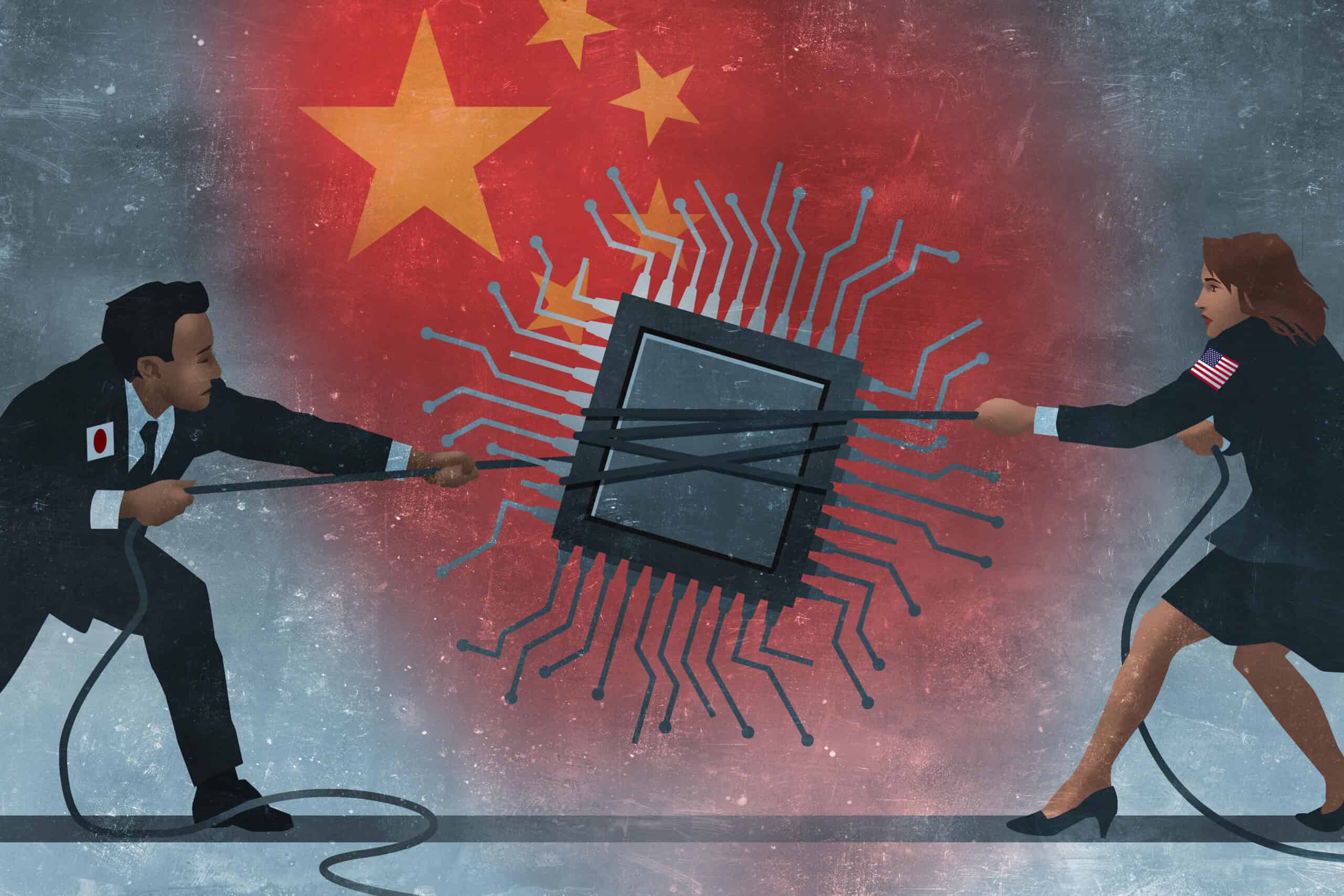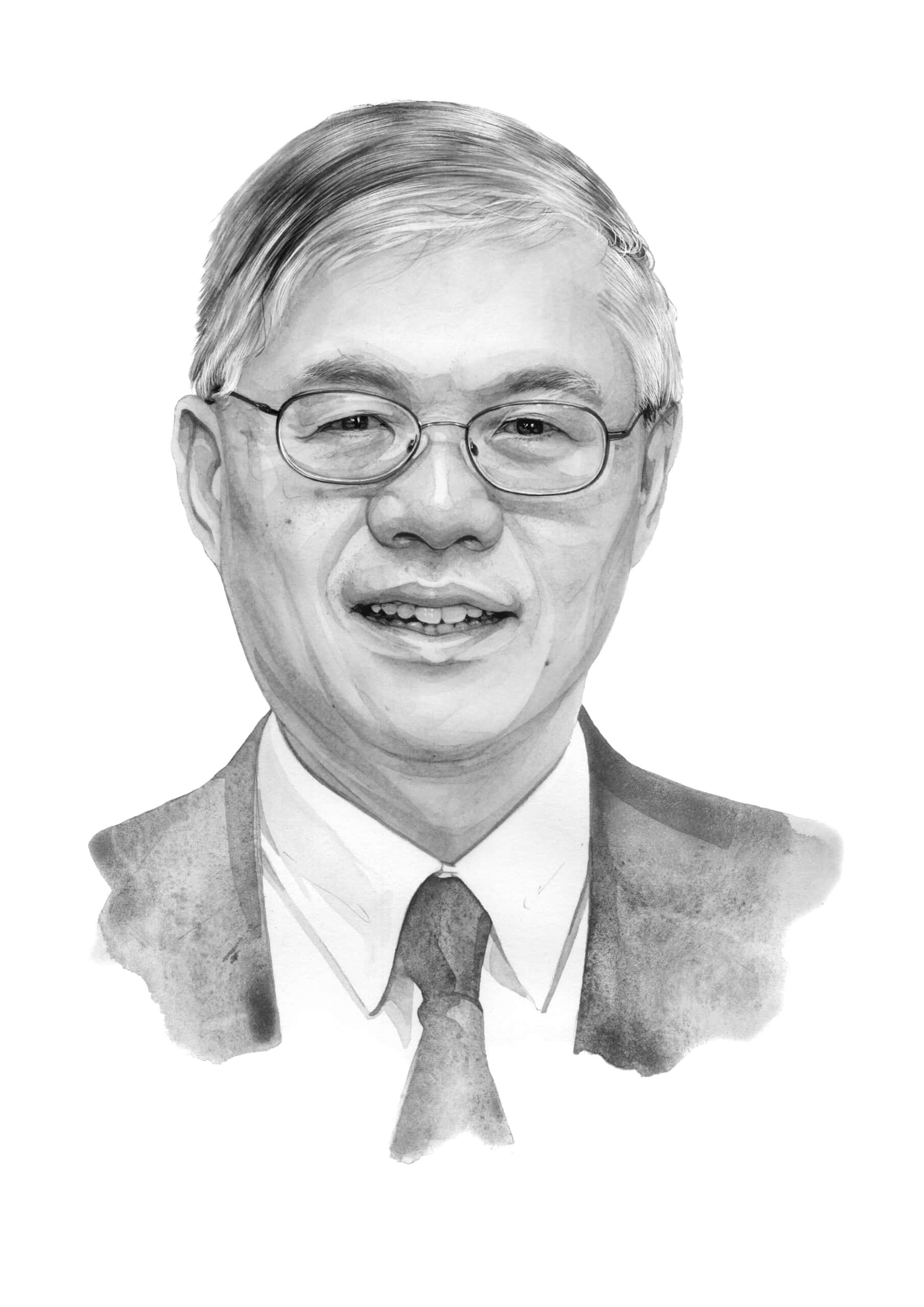Good evening. China’s rise is often analyzed in relation to the United States, but in truth, it is a global phenomenon, the effects of which are clear in this week’s issue. From militarizing outer space to changing global governance to exploiting economic opportunities in emerging markets, the whole planet is involved. We’re off next Sunday in honor of those dog days of summer, but subscribers will still receive David’s weekly reading list as well as the daily news roundup on our site. If you’re not already a paid subscriber to The Wire, please sign up here.
Want this emailed directly to your inbox? Sign up to receive our free newsletter.

The Dragon Has Landed
With its recent high-profile Mars mission, China showed the world just how far its ambitious space program has come. Now, with growing U.S. concerns about the potential adversary ‘catching up,’ defense analysts are warning that the battle for outer space is not so much a race as it is a chess match. And, as space journalist Andrew Jones reports, when it comes to space, China is playing to win.
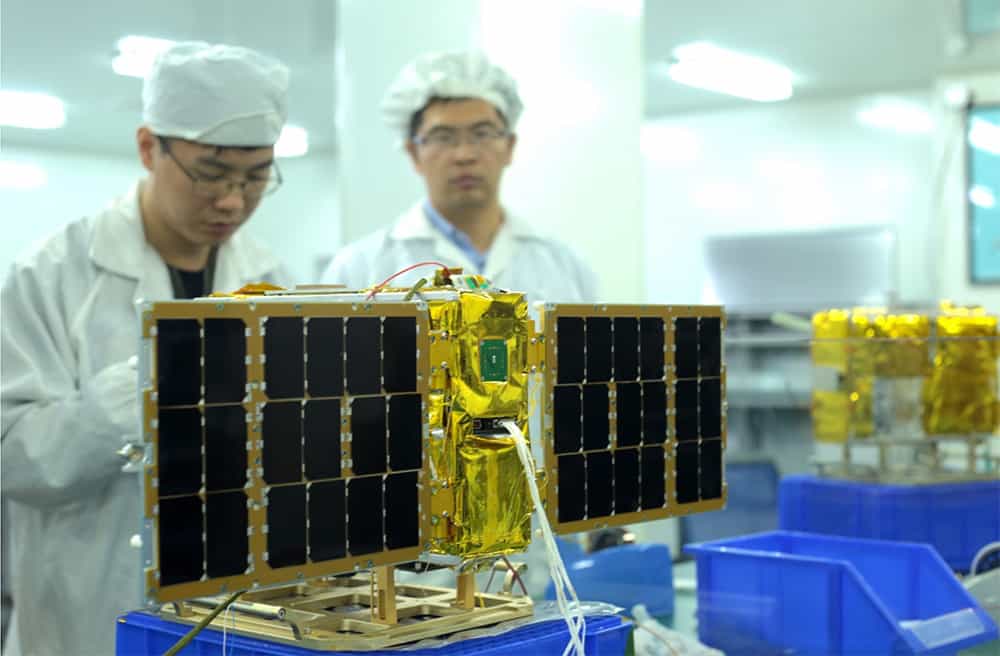
Credit: Spacety press release
The Big Picture: China’s Commercial Space Sector
Most of the technology for China’s national space missions is made by China Aerospace Science and Technology Corporation (CASC), the state-owned enterprise that holds the main contracts for China’s space program. But new opportunities have emerged in China’s private space sector. In this week’s Big Picture, we look at the recent rise of commercial space companies in China.
A Q&A With Elizabeth Economy

Elizabeth Economy is a leading expert on China’s foreign policy and an incoming Senior Fellow at the Hoover Institution at Stanford University. In this week’s interview with The Wire’s Katrina Northrop, she discusses how China’s role in the world has evolved in recent years, including the motivations behind its newfound assertiveness and the challenges it will pose for the global order.
Elizabeth Economy
Illustration by Kate Copeland
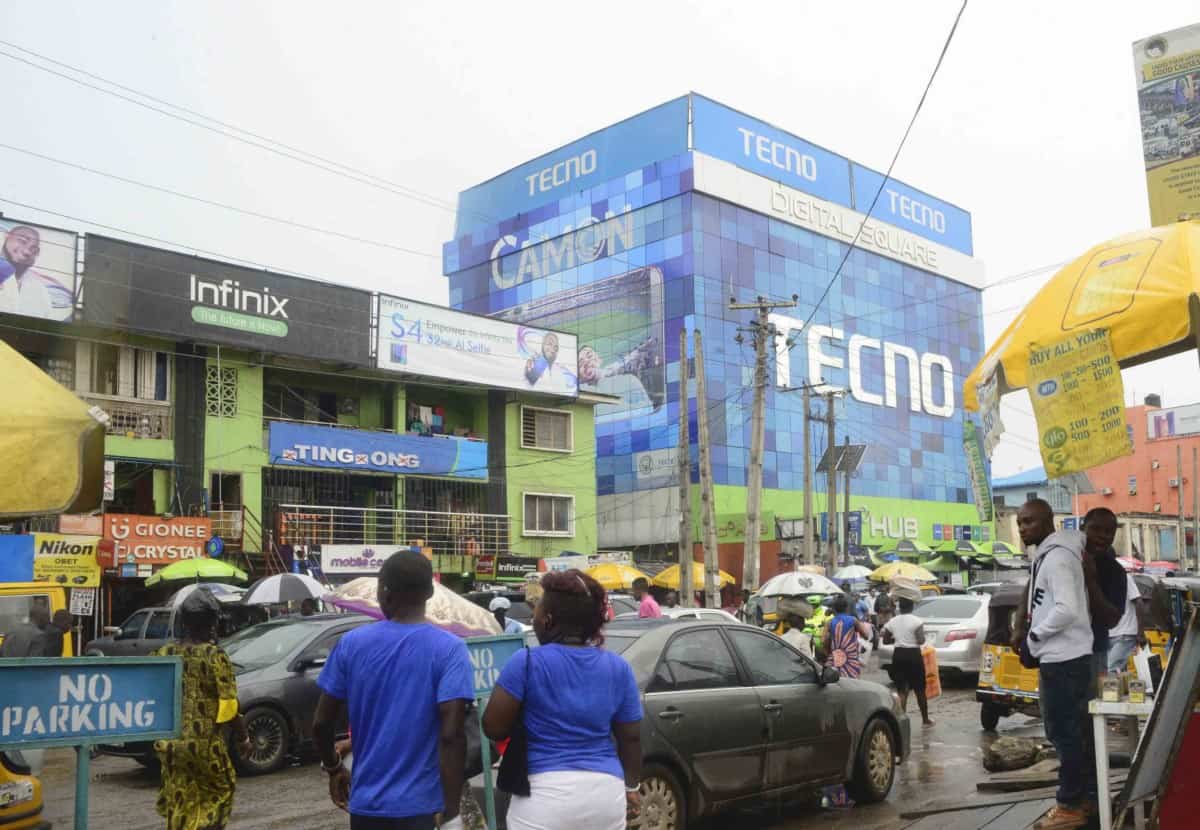
Credit: Lightfast Media, Creative Commons
China’s Expeditionary Entrepreneurs
The UK’s anti-Huawei policy, announced only two weeks after India became the first country to ban the Chinese video-sharing platform TikTok and 58 other Chinese apps, might appear to signal that the tide is turning against China’s global technological ambitions. More quietly, however, Chinese startups continue to find success abroad. And, increasingly, Kristine Lee and Coby Goldberg argue, they are shaping the digital pathways of emerging economies.
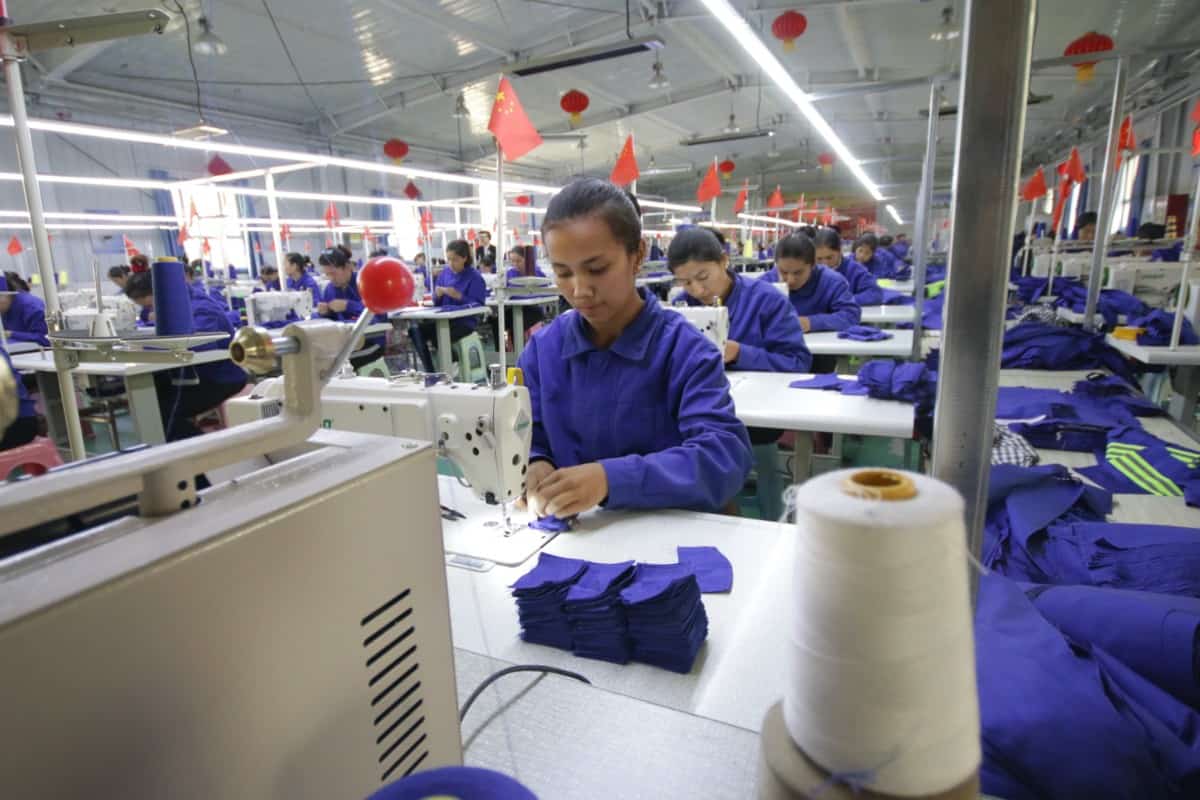
Credit: Azamat Imanaliev, Shutterstock
Supply Chain Tangle
Xinjiang is a surprising critical link in the global supply chain. The region supplies the raw material needed to produce as much as one in five of the world’s cotton garments, and it grows about 70 percent of the country’s tomatoes. Now, in the wake of a report documenting Western companies entanglement in the Chinese government’s forced labor of the Uighur population there, many multinationals are trying to free their supply chains from the region. As The Wire’s Katrina Northrop reports, it’s more difficult than it sounds.
Subscribe today for unlimited access, starting at only $19 a month.

